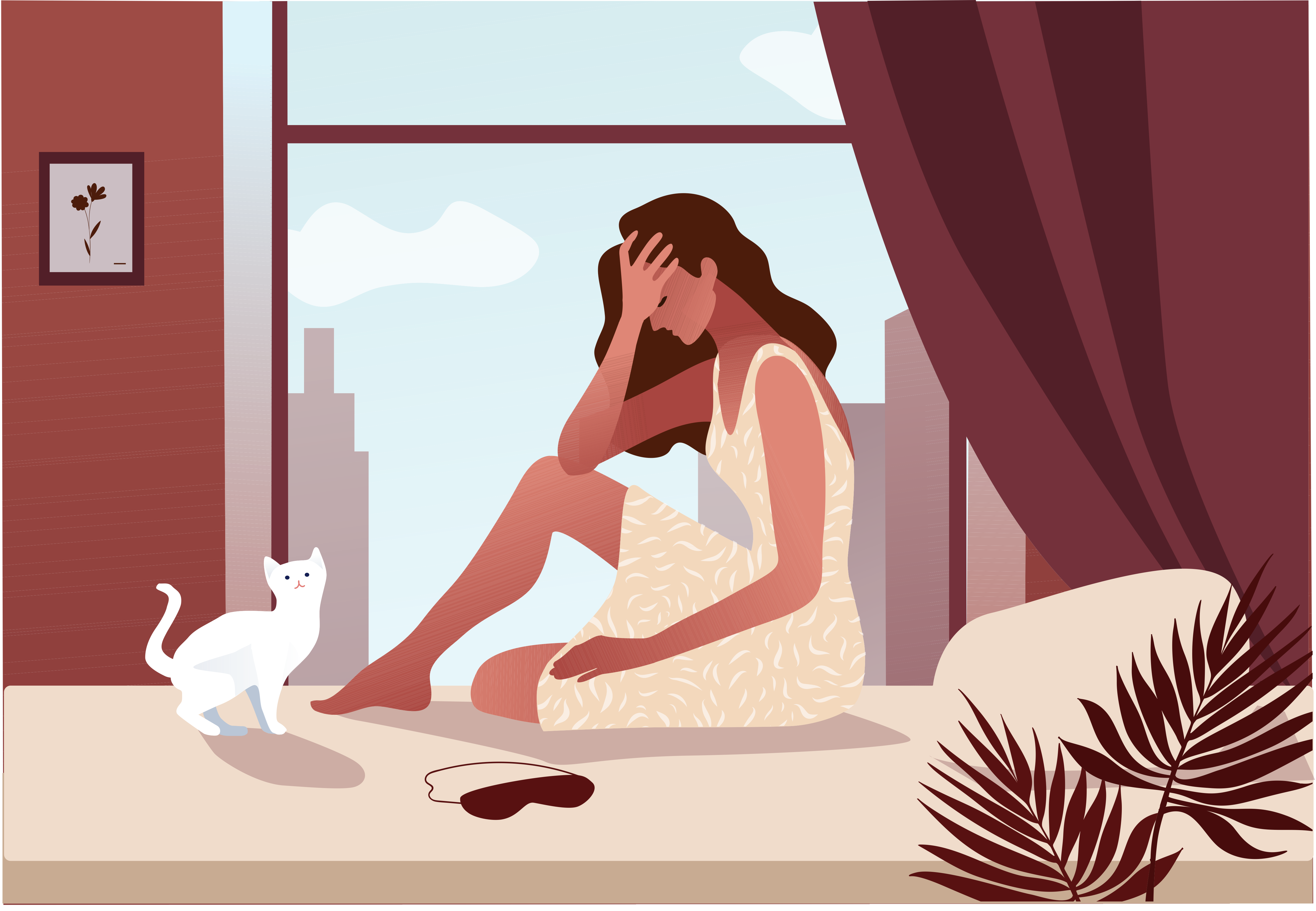As a previous sufferer, fed up with years of sleepless nights and band-aid remedies for sleep, Bernice Tuffery finally discovered the life-changing CBTi (Cognitive Behavioural Therapy for insomnia) method and everything fell into place. After successfully implementing the programme, regaining her sleep and health, Bernice was determined to share this solution with all those who needed it. Through her self-help book Sleep Easy, Bernice and her incredible team of coaches present a practical, six-week guide to help you take charge of your sleep, life, and health.
Chronic insomnia is a living nightmare. It’s debilitating and disempowering, and it can be self-perpetuating. Thoughts and actions that you expect will help can actually trap you in the vicious cycle of poor sleep. Information on sleep can be challenging to access, overwhelming or conflicting, and specialist help for chronic insomnia is at this stage in limited supply, especially in New Zealand, and it can be prohibitively expensive. For most of us, we’re on our own. With compromised cognitive function, memory and focus, along with depleted energy levels, it can be soul-destroyingly tricky for someone living with insomnia to wade through the options, apply themselves and navigate their way back to a decent sleep.
Learning how to sleep is liberating and empowering. Sleeping well is an essential life skill—a human right. Having achieved it for myself after a decade of chronic sleep difficulties, I am wholeheartedly committed to encouraging others to turn the tide on their sleep troubles. When you’re coming from a place of feeling ruined and depleted, the prospect of having to add ‘learning to sleep’ to the list can feel impossible.

Sleep Easy by Bernice Tuffery, published by Allen & Unwin NZ, RRP $36.99As a researcher by day, my search for a good night’s sleep eventually led me to what is the gold standard among sleep specialists: Cognitive Behavioural Therapy for Insomnia (CBTi). CBTi is a highly effective sleep-improvement programme that works without sleeping pills (but can be used alongside sleep medication). CBTi helps to identify thoughts and behaviours that have inadvertently been causing, worsening or perpetuating sleep troubles and replaces them with new knowledge and habits that provide the conditions for sound sleep.
The cognitive aspect focuses on reframing or eliminating unhelpful thoughts and sleep beliefs that keep us awake at night. The behavioural element concentrates on dropping any unhelpful lifestyle and sleep-schedule habits, while introducing or improving behaviours that are conducive to sleeping well naturally.
Unlike sleeping pills, CBTi addresses the underlying causes of persistent insomnia rather than just relieving the symptoms. In clinical studies, it has proven to be highly effective in the treatment of insomnia and the prevention of relapse. Unlike pharmaceuticals, CBTi is natural and sustainable, and has no side effects.
What I love most about CBTi is that, at its very core, it feels like common sense. It gently encourages you to recognise, reconsider and disrupt thought and behaviour patterns that are unhelpful to sleep, and replace them with more useful alternatives. I’m a practical person, and the new thinking and alternative behaviours that CBTi required seemed so logical and sensible to me once they had been explained. What’s more, they worked. I could see and track my progress, and I felt better. As I felt better, I was inspired to continue until I achieved my sleep goals.
Here are the five key components of CBTi, which I go into in more depth in my book Sleep Easy:
1. Sleep education
2. Sleep consolidation
3. Stimulus control
4. Cognitive therapy
5. Relaxation training
But it wasn’t CBTi alone that saved me from the hell and high water of insomnia. I had unwittingly but instinctively applied principles and approaches of what I later learned were mindfulness and self-compassion in my sleep-improvement journey. Mindfulness-based therapy for insomnia (MBTI), combining non-judgemental awareness and self-compassion with CBTi, is increasingly being proven as a highly effective treatment for insomnia. Sure, my version of this incredibly valuable therapy was makeshift and improvised, but it enabled me to stick with a self-directed approach to CBTi.

Bernice TufferyThe core CBTi techniques are tough going even when supported by a qualified professional, and trying to implement them solo is ambitious and a recipe for non-compliance. If this book focused solely on CBTi, I would have had to give it a brutal title like Sleep Bootcamp. By including an introduction to mindfulness and self-compassion, the Sleep Easy approach to sleep improvement is more doable. ‘Mindfulness’ may sound a bit ethereal to you, but, for the sake of your sleep, it’s worth putting reticence aside so that you can develop a mindset that supports adherence to CBTi. Doing this makes the sleep-improvement journey that much easier.
I am not a sleep expert. I am an ordinary New Zealander who experienced ongoing sleep difficulties for far too long. I’m living proof that, when paired with mindfulness, CBTi can deliver sustainable sleep naturally with no side effects, even when applied imperfectly. However, making CBTi readily available and affordable for everyone who needs it will require significant investment in public health. Until that happens, those of us who can must call on our resourcefulness, ingenuity and pioneering spirit and take a DIY approach. Let’s get on with helping to heal ourselves.
An edited extract from Sleep Easy by Bernice Tuffery, published by Allen & Unwin NZ, RRP $36.99. Find out more at sleephaven.co.nz.





